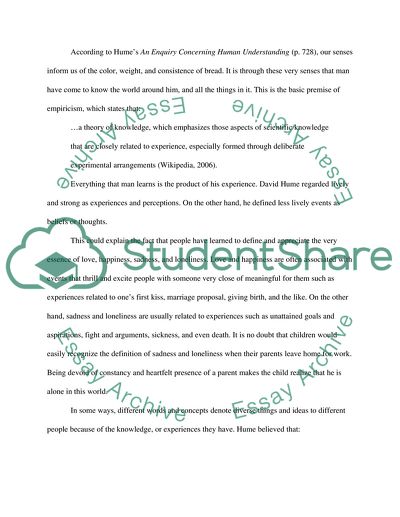Cite this document
(“Empiricism Essay Example | Topics and Well Written Essays - 1250 words”, n.d.)
Empiricism Essay Example | Topics and Well Written Essays - 1250 words. Retrieved from https://studentshare.org/miscellaneous/1538445-empiricism
Empiricism Essay Example | Topics and Well Written Essays - 1250 words. Retrieved from https://studentshare.org/miscellaneous/1538445-empiricism
(Empiricism Essay Example | Topics and Well Written Essays - 1250 Words)
Empiricism Essay Example | Topics and Well Written Essays - 1250 Words. https://studentshare.org/miscellaneous/1538445-empiricism.
Empiricism Essay Example | Topics and Well Written Essays - 1250 Words. https://studentshare.org/miscellaneous/1538445-empiricism.
“Empiricism Essay Example | Topics and Well Written Essays - 1250 Words”, n.d. https://studentshare.org/miscellaneous/1538445-empiricism.


